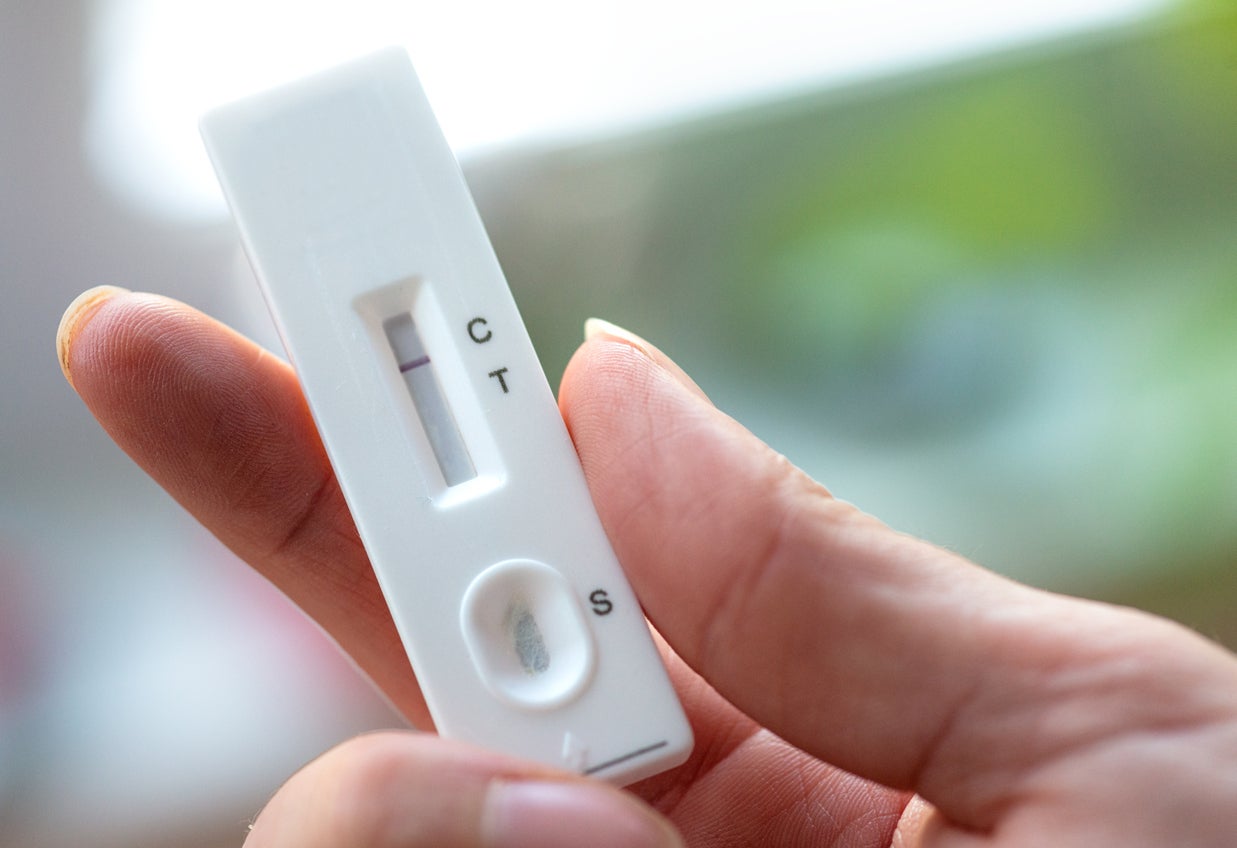Blood clot risk after Covid-19 infection lasts for almost a year, study says
Researchers say in the first week after contracting Covid-19, people were 21 times more likely to have a heart attack or stroke, reports Furvah Shah


People who have had Covid-19 are at risk of developing blood clots for almost a year after infection, according to a new study.
Researchers at Swansea University and the universities of Bristol, Cambridge, and Edinburgh found that the pandemic may have led to an additional 10,500 cases of heart attacks, strokes and other blood clot complications in England and Wales during 2020 alone.
While the risk remains relatively low, authors suggest that preventive strategies like giving high-risk patients medication to lower their blood pressure could help reduce cases of serious clots.
For the study, researchers studied data from electronic health records from across the population of England and Wales from January to December 2020, in order to compare the risk of blood clots developed after contracting Covid-19 with the risk at other times.
They found that having Covid-19 increases the risk of blood clots for at least 49 weeks.

In the first week after being diagnosed with coronavirus, people were 21 times more likely to have a heart attack or stroke. This dropped to 3.9 times more likely after four weeks.
Regarding conditions caused by blood clots in the veins such as deep vein thrombosis and pulmonary embolism, the risk of clots was 33 times greater in the first week after a diagnosis which then dropped to eight times greater after four weeks.
While the higher risk of developing blood clots after having Covid-19 remained, it had reduced to 1.3 times more likely by 26 to 49 weeks for clots in the arteries and 1.8 times more likely for clots in the veins.
The study’s authors say the risk of developing blood clots after having coronavrius still remains now, with the greatest risk being in men over the age of 80.

Jonathan Sterne, professor of medical statistics and epidemiology at the University of Bristol and director of Health Data Research UK South West, said: “We are reassured that the risk drops quite quickly – particularly for heart attacks and strokes – but the finding that it remains elevated for some time highlights the longer-term effects of Covid-19 that we are only beginning to understand.”
Dr William Whiteley, clinical epidemiologist and neurologist at the University of Edinburgh, said: “The effect that coronavirus infection has on the risk of conditions linked to blood clots is poorly studied, and evidence-based ways to prevent these conditions after infection will be key to reducing the pandemic’s effects on patients.”



Join our commenting forum
Join thought-provoking conversations, follow other Independent readers and see their replies
Comments